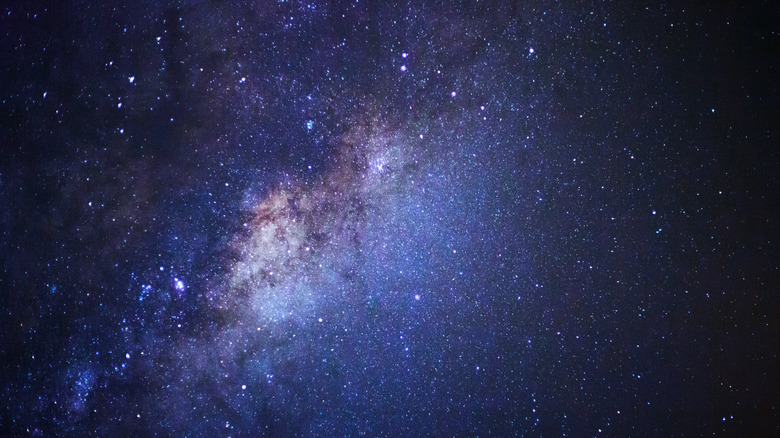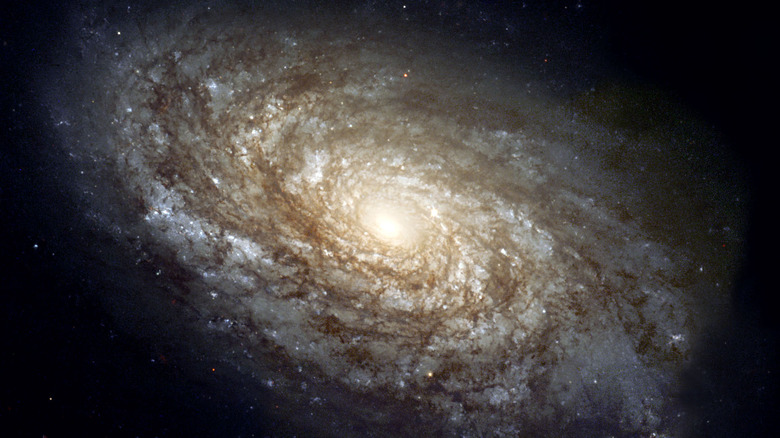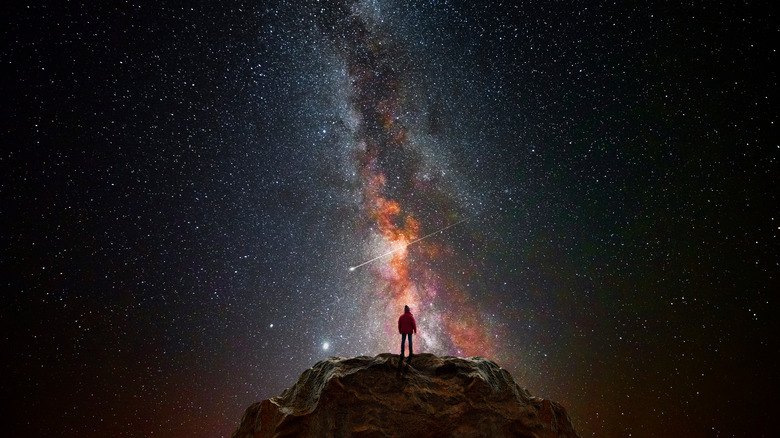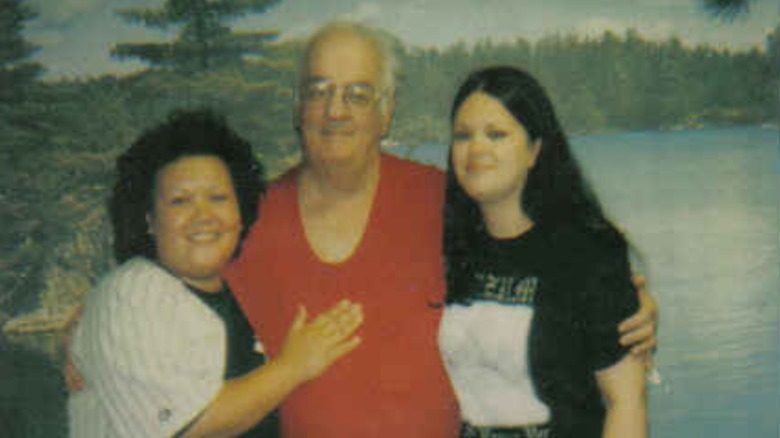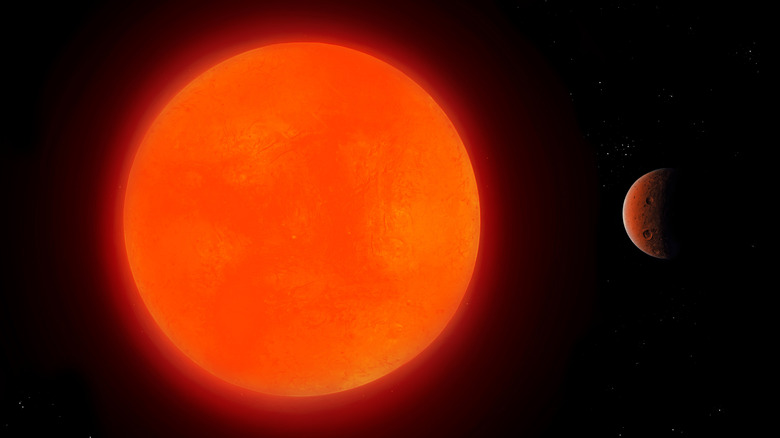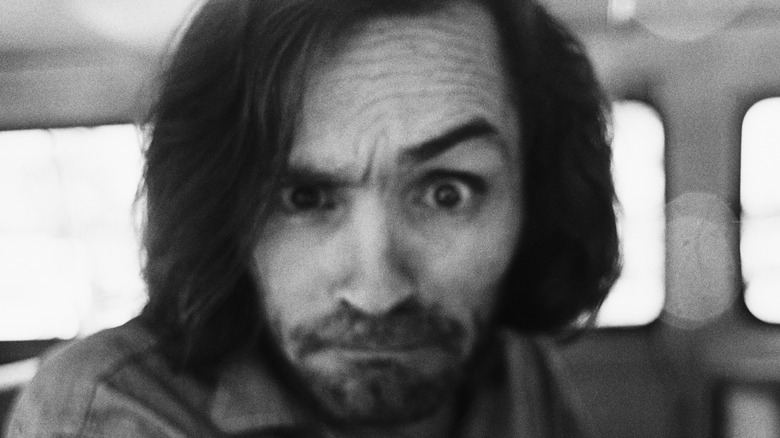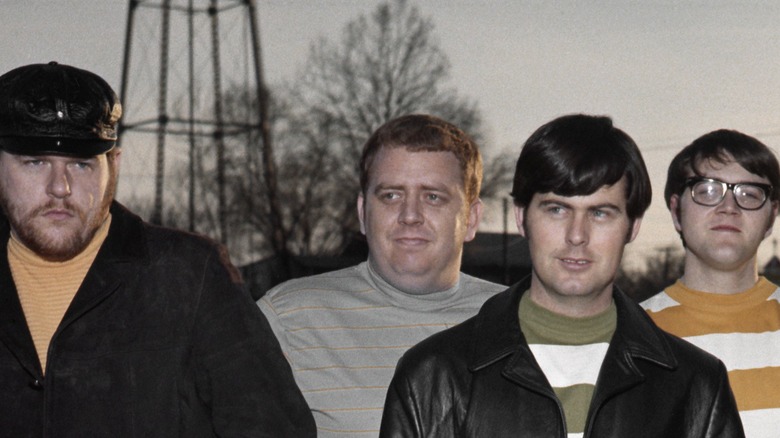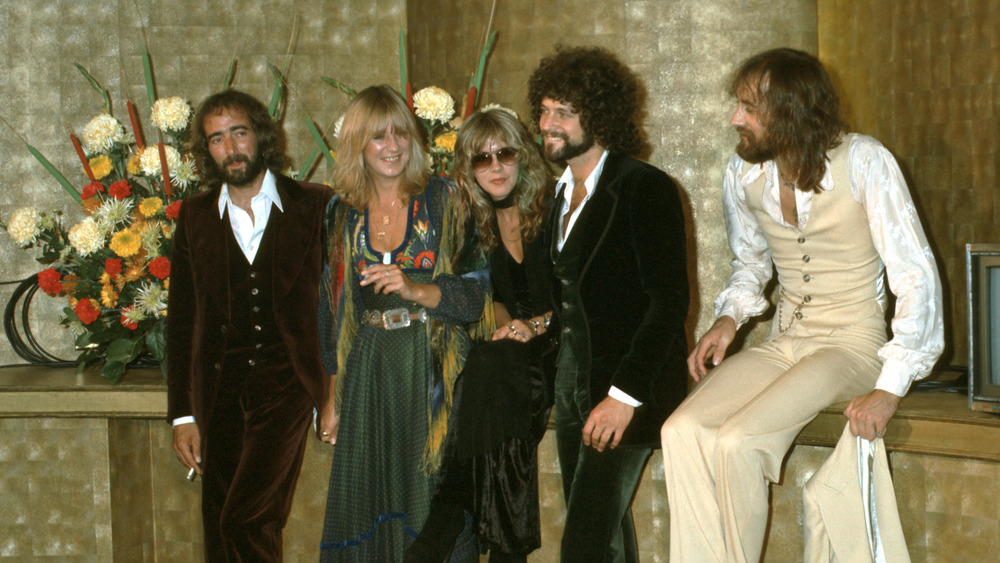
Why Some People Are Convinced We Live In A Multiverse
The universe sure is a strange place. From the notion of a supermassive black hole at the center of every galaxy (via BBC Sky at Night) to the idea that looking at stars in the night sky is actually looking back in time (via Lifehack), the universe is an astounding place. Surprisingly, with all the complexity already contained within the universe, some believe there’s even more to it in the form of the multiverse. Once thought of as something out of a Marvel comic book movie, some scientists are convinced of the possibility that multiple parallel universes are indeed existing at the same time.
If the word “universe” is defined as “the totality of known or supposed objects and phenomena throughout space; the cosmos (via Dictionary),” then the multiverse must be some sort of collection of universes. In fact, Britannica defines multiverse as “a hypothetical collection of potentially diverse observable universes, each of which would comprise everything that is experimentally accessible by a connected community of observers.”
Is anything actually real?
Why would scientists be convinced of a multiverse, anyway? As Forbes puts it, the concept of multiple universes is based on the notion that our planet doesn’t hold a grand position in the universe; Earth is just another planet in an ever-growing void filled with them. Likewise with our sun and galaxy. Extrapolating further, that would make our universe just another ordinary place in an expanding void filled with innumerable universes.
However, for less of a philosophical notion proving the existence of multiple universes and one with more scientific reasoning behind it, we have to look to the Big Bang. According to Space, the event known as the Big Bang occurred around 13.7 billion years ago. In the smallest fraction of a second, a process known as “cosmic inflation” created existence, which expanded into being at a literally unimaginable rate. As cosmic inflation slowed, matter formed into what would become the basic components of everything: protons, electrons, atoms, space, planets, stars, and so on.
Are we all just variants?
Alexander Vilenkin, a theoretical physicist, believes the key to the multiverse lies in cosmic inflation. Vilenkin asserts that cosmic inflation didn’t end at the same time everywhere. Meaning that from here on Earth, scientists can only detect as far back as 13.7 billion years ago, where cosmic inflation ended for our universe. However, Vilenkin contends that inflation continues in other places. Known as “eternal inflation,” when the expansion ends in one place (say, our universe), a pocket universe is formed (someone else’s universe). If it’s true that cosmic inflation continues beyond the edge of one universe, then an infinite number of universes could exist. One begins where the other ends.
The paradox in all of this lies in the fact that the universe is continually expanding (via Space). For this reason, scientists can likely never reach the edge of our pocket universe to actually peek into what might be a more exciting place with better weather.

Creation Myths From World Religions Explained

Is Janis Joplin Buried Anywhere?

The Biggest Gabrielle Petito Theories: What Really Happened?

Pearl Fernandez Murdered Her Son. Where Is She Now?

The Big Lie About Revolutionary Soldiers You Learned In History Class

The Time When Cameras Caught An Orca And Whale Fight
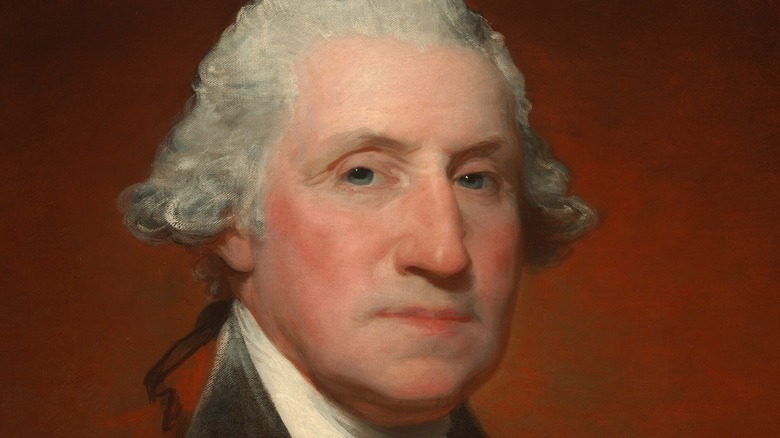
How A Trip To Barbados Changed George Washington's Life

What Happened To Greg Witman's Parents, Sue And Ron?
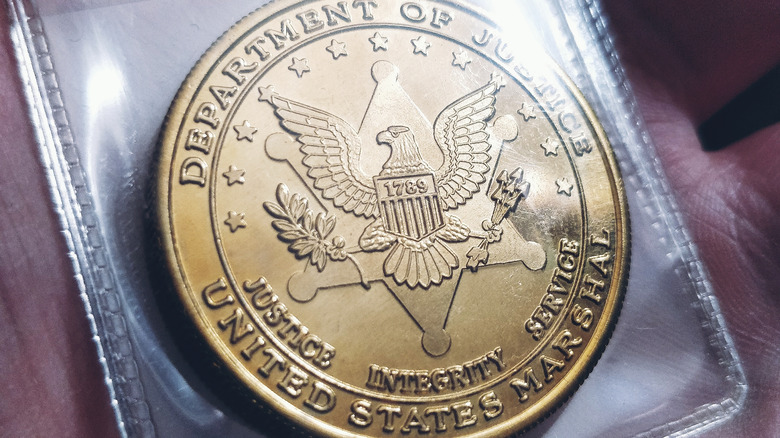
The Incredible Danger U.S. Marshals In The Wild West Faced

Why The Royals Always Travel With Their Own Blood
